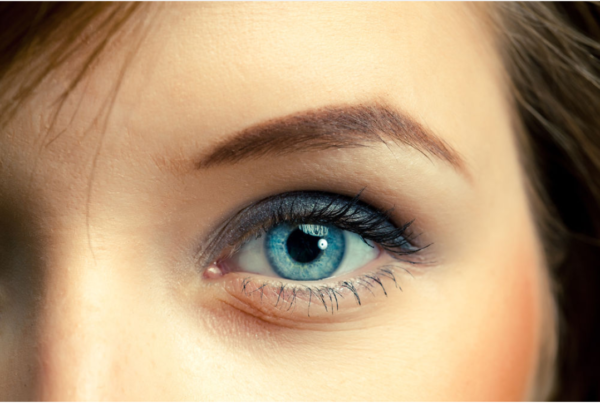What is your emotional closet?
Think of it as you do your clothes wardrobe. Like clothes you loved or have
loved, your mind is full of emotional attachments to things in your past and present. Emotional attachments can be positive, but some of them may not be and causing conflict in your current relationships. In the same way you’d identity which clothes are worth keeping and which aren’t, you can identify which emotional connections are valuable and those that need to be thrown.
Can you compare throwing away clothes with negative emotional attachments?
There are plenty of comparisons, women reporting feeling guilty about money spent on clothes, frustration over them not fitting any more and fear of letting go. As an exercise picture yourself throwing clothes from your past that you’ve decided no longer fit, suit or appeal to you. The likelihood is that when you bite the bullet and dive into the pile you’ll go through a process something like this…
- Nostalgia: Memories will come flooding back about when you bought the clothes, that dress in particular, where you bought it and how much you loved it, where you wore it, who you were with and how you felt.
- Bargaining: You’ll convince yourself that it’ll fit if you lose a few pounds and look okay with new shoes, that you can ‘get away with it’, and so you decide to keep it, and the next one, and the one after that.
- Reality: You suddenly realise that you’re keeping things that you’ve passed over for years and that you’re not actually throwing anything away. So you try again and really start sorting.
- Letting go: You bag up the items, it’s hard and you feel sad. You drop them off at the charity shop, you’re feeling better now as you’ve done something positive.
- Closure: You’re back home and you have so much more space now, you can see what you’ve decided to keep and feel satisfied that you went through the process.
The process of throwing away old emotional baggage has the same broad steps as throwing away clothes, and comparing them in this way unlocks the idea that you can get rid of unhelpful memories that affect your behaviour. For example, you may have had a relationship that started well but turned bad; while you’ll have some good memories you also may be left with some emotional baggage that causes harm in the present. By hanging on to the negative emotional attachments you’re actually anchoring yourself in the past, rather than understanding how important it is that you allow yourself to be who you are, or who you want to be right now. While it’s easier to throw away old clothes, try to get the idea fixed in your head that you can have more control over your mind than you realise.
What are negative emotional attachments?
Think of these as conditioned behaviours, learnt over time because of unpleasant or abusive experiences from your past. You might find yourself reacting badly to a new partner, not because they’ve actually done anything wrong, but because a previous partner conditioned you expect the worst. Take a few moments to consider your instinctive reactions to people in your life right now, your partner, family and friends. Do certain situations push your buttons; are there things that trigger bad reactions from you? If you can identify with this, and you know deep down that the people in your present haven’t really done anything to deserve your reactions, then it’s time to take control and start clearing.
So how do I do it?
- Willingness: Like throwing away old clothes, the key thought is the desire to engage in an exercise that results in you discarding things that are not useful to you.
- Understand yourself: Understand who you are now, and who you’d like to be, you don’t have to let your past define you.
- Be objective: Take some time to think about yourself, how you feel in certain situations and what triggers your emotional reactions. Decide which you’d like to keep and the one’s you want to get rid of.
- Be determined: Be aware of what triggers a bad reaction and be determined to control it, don’t let it control you.
- Empowerment: The process is positive, it’s empowering because you’ve decided that what you’re sorting and throwing away no longer reflects who you are now.
You make it sound easy, won’t it be difficult?
That depends on you and how deeply attached you are to the negatives from your past. After you’ve reflected on what you’d like to change, you have to decide if you can make the changes on your own and/or with support from loved ones. You might feel you need professional help and if you do, please get in touch. A great way to start is by figuring out who you wish you could be… who is your ideal self?
Be your ideal self
The ideal self is a concept. In short it means deciding who you would like to be, and then behaving in a way that reflects that image. It requires you to accept responsibility for who you are and how you behave. It doesn’t matter how others behave and it’s unhelpful to your cause if you blame others for your reactions, you’re not responsible for them, only yourself. Yes it might be difficult, as I said in my ‘New Year New You, why wait’ article, changing something that’s been a habit for a long time is never easy. Accept that it may be hard, and that it being hard is okay. You don’t have to make the change overnight, what matters is that you’re trying. Don’t stand on your pride, let your trusted loved ones know that you’re doing this and ask for their patience and support. You’ll be glad that you did, now crack on and look forward to being a better, happier person.



